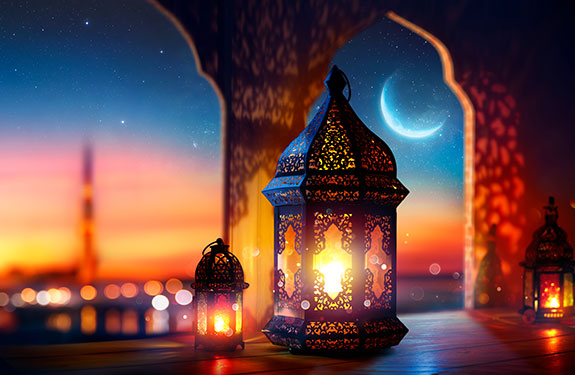Something to Learn | Ramadan: A Comprehensive Guide
Introduction
Ramadan is the ninth month of the Islamic lunar calendar and is considered one of the holiest months in Islam. It is observed by Muslims worldwide as a period of fasting, prayer, reflection, and community. Fasting during Ramadan is one of the Five Pillars of Islam and is obligatory for all adult Muslims, with certain exceptions.
 Significance of Ramadan
Significance of Ramadan
Ramadan holds great religious significance as it is believed to be the month in which the first verses of the Quran were revealed to the Prophet Muhammad (peace be upon him). The spiritual focus of Ramadan encourages self-discipline, self-reflection, and increased devotion to God (Allah).
Fasting During Ramadan
Fasting (Sawm) is observed from dawn (Fajr) until sunset (Maghrib). During this period, Muslims refrain from eating, drinking, smoking, and engaging in sinful behavior. The pre-dawn meal is called Suhoor, while the meal to break the fast at sunset is called Iftar.
Exemptions from Fasting
Certain groups are exempt from fasting, including:
- Children who have not reached puberty
- Elderly individuals
- Pregnant, nursing, or menstruating women
- Travelers
- Those who are physically or mentally unwell
- Individuals who engage in strenuous labor
Those who are unable to fast for valid reasons may compensate by fasting at a later date or feeding the needy as an act of charity.
Prayer and Worship
In addition to the five daily prayers, Muslims engage in extra prayers known as Taraweeh, which are performed in congregation at the mosque. Many also strive to complete the recitation of the entire Quran during Ramadan.
Charity and Good Deeds
Acts of kindness and charity are emphasized during Ramadan. Muslims are encouraged to give Zakat (mandatory almsgiving) and Sadaqah (voluntary charity) to help those in need.
The Last Ten Nights and Laylat al-Qadr
The last ten nights of Ramadan are considered especially sacred, with the 27th night often regarded as Laylat al-Qadr (the Night of Decree). It is believed to be the night when the Quran was first revealed, and prayers made on this night are said to be particularly powerful.
Eid al-Fitr: The Celebration of Breaking the Fast
Ramadan concludes with the celebration of Eid al-Fitr, a festive holiday marking the end of fasting. Muslims perform a special prayer, give charity (Zakat al-Fitr), and gather with family and friends to share meals and express gratitude.
Health and Well-being During Ramadan
To maintain good health during fasting, it is recommended to:
- Stay hydrated during non-fasting hours
- Eat nutritious meals for Suhoor and Iftar
- Avoid excessive consumption of fried or sugary foods
- Get sufficient rest and sleep
Conclusion
Ramadan is a time of spiritual growth, discipline, and unity among Muslims. It offers an opportunity for self-improvement, deepening one’s faith, and strengthening bonds with family and the community. By observing Ramadan with sincerity, Muslims seek to attain greater piety and closeness to Allah.
Article written by Jamila Slaimankhel, Refugee Community Health Worker, Starship Community, Te Toka Tumai – Auckland, Health New Zealand | Te Whatu Ora
